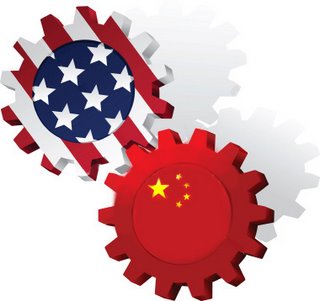
The White House announced yesterday that President Obama will meet with the Dalai Lama on February 18th. Among other recent controversies, this is the latest in line to further sour the rocky relations between China and the United States.
Ma Zhaoxu, Foreign Ministry spokesmanfor China, responded quickly, “We urge the U.S. side to fully understand the high sensitivity of Tibet-related issues, honor its commitment to recognizing Tibet as part of China and opposing ‘Tibet independence.’”
You may recall that the “Tibet issue” received a large amount of attention during the 2008 Olympics in Beijing. But, you might not know why the protests were occurring. While it is impossible to fully explain the reasoning behind the protest of the Dalai Lama meeting in one post, here are a few points to consider:
- The origin of the controversy is the “17-Point Agreement”
- China claims the “17-Point Agreement” signed by the 14th Dalai Lama in 1951 is proof that the Chinese have sovereignty over Tibet
- Other sources indicate that the Tibetan government was independent until 1951 and that the “17-Point Agreement” was signed under duress and is therefore not valid
- China argues that their influence has reformed and improved Tibet, specifically economically and in terms of human rights
- The Dalai Lama’s director of information, Thubten Samphel, asserts that the PLA is responsible for over 80,000 Tibetan deaths between 1952 and 1958
- More recently, the March 2008 protest in Tibet was in regards to “widespread mistreatment of the Tibetan population and a denial of religious and political freedom.”
The rift between China and Tibet runs deep and it can only be inferred that a meeting between Obama and the Dalai Lama will not bode well for US-China relations. The only question left to consider is “How will the impact manifest itself for the United States and for Tibet?”


